Basics Of Artificial Intelligence: Understanding The Key Concepts And Terminology
4.8 out of 5 based on 8475 votesLast updated on 9th Oct 2024 15.3K Views
- Bookmark

Artificial Intelligence involves key concepts like machine learning, neural networks, natural language processing, and data-driven decision-making.
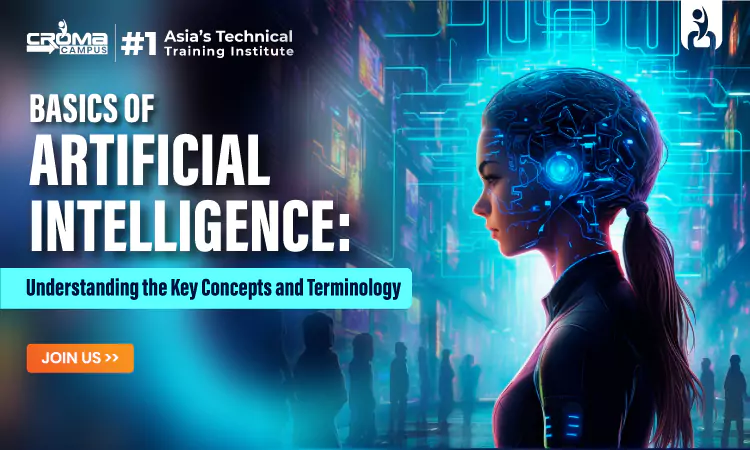
Introduction
As we enter 2025, the role of Artificial Intelligence (AI) is becoming increasingly vital across various sectors of society. From enhancing business operations to improving healthcare and addressing global challenges, AI technologies are reshaping how we live and work. By automating repetitive tasks, analysing vast amounts of data, and delivering personalized experiences, AI not only boosts efficiency but also drives innovation. In an era where data is abundant and the need for rapid decision-making is critical, the integration of AI solutions is essential. Therefore, aspiring professionals can check the Artificial Intelligence Course in Delhi and join a training program for the best learning experience. This guide sets the stage for exploring the necessity and impact of AI in today's world.
What Is Artificial Intelligence?
Artificial Intelligence, in short, AI refers to the simulation of human intelligence processes by computer systems. These processes include learning or acquiring information and rules for using it, reasoning or using rules to reach approximate or definite conclusions, and self-correction. AI can be categorized into two main types: narrow AI, which is designed for specific tasks (like virtual assistants or image recognition systems), and general AI, which aims to perform various intellectual task that a human can do.
AI technologies encompass various fields, including machine learning, natural language processing, robotics, and computer vision. These are among the Artificial Intelligence Basic Concepts. Machine learning is a subset of AI. It enables systems to learn from data and improve their performance over time without explicit programming. Furthermore, Natural language processing (NLP) allows computers to understand, interpret, and respond to human language in a meaningful way.
The applications of AI are vast, spanning industries such as healthcare, finance, transportation, and entertainment. From automated customer support to advanced medical diagnosis, AI is transforming how we interact with technology and improving efficiency in various sectors. As AI continues to evolve, it raises important ethical considerations regarding privacy, bias, and the future of work, necessitating careful consideration and regulation.
Key Concepts of Artificial Intelligence
Artificial Intelligence (AI) encompasses several key AI Basic Concepts that drive its development and application:
- Machine Learning (ML): It is a subset of AI. ML focuses on algorithms that allow systems to learn from data and improve their performance over time without explicit programming. It includes unsupervised, supervised, and reinforcement learning.
- Deep Learning: A specialized form of ML that uses neural networks with multiple layers to analyse various factors of data. This AI Concept is particularly effective for complex tasks like image and speech recognition.
- Natural Language Processing (NLP): This area enables computers to understand, interpret, and respond to human language. These applications include translation services, chatbots, and sentiment analysis.
- Computer Vision: AI's ability to interpret and understand visual information from the world, enabling applications like facial recognition, autonomous vehicles, and medical image analysis.
- Robotics: The design and use of robots that can perform tasks autonomously or semi-autonomously, often incorporating AI to enhance decision-making capabilities.
- Expert Systems: AI programs that mimic the decision-making abilities of a human expert in specific fields, providing recommendations based on complex data analysis.
These Basic Concepts of AI form the foundation of AI, driving innovations across industries and reshaping how we interact with technology.
Also Read This:
Artificial Intelligence Interview Questions
Importance Of Artificial Intelligence
Artificial Intelligence Certification Cost
Why Do We Need Artificial Intelligence In 2025?
As we move into 2025, the need for Artificial Intelligence (AI) becomes increasingly evident across various sectors.
Here are several reasons why AI is essential today:
- Enhanced Efficiency and Productivity: AI can automate repetitive and mundane tasks, allowing human workers to focus on higher-value activities. For example, in manufacturing, AI-powered robots can operate machinery with precision, improving production speed and reducing errors. This leads to significant efficiency gains across industries.
- Data Analysis and Insights: Data Analysis is one of the major AI Concepts. With the explosion of data generated daily, businesses require advanced tools to process and analyse this information. AI can sift through vast amounts of data to identify patterns and trends, providing insights that drive informed decision-making. This capability is crucial in sectors like finance, healthcare, and marketing.
- Personalization: AI enables companies to deliver personalized experiences to consumers. For instance, e-commerce platforms use AI algorithms to recommend products based on previous purchases and browsing behaviour, enhancing customer satisfaction and loyalty.
- Improved Healthcare: AI applications in healthcare are revolutionizing diagnosis and treatment. Machine learning algorithms can analyse medical images more accurately than human radiologists, leading to earlier detection of diseases. AI-driven predictive analytics can help in managing patient care and optimizing treatment plans.
- Innovation in Mobility and Safety: AI is at the forefront of developing autonomous vehicles, which promise to enhance road safety and reduce traffic congestion. By processing real-time data from various sensors, AI can make instantaneous decisions that improve driving efficiency. Moreover, the AI Basic Concepts are designed to make human life easier.
- Addressing Global Challenges: AI has the potential to tackle pressing global issues, such as climate change and resource management. It can optimize energy usage, predict natural disasters, and enhance agricultural productivity through precision farming.
Thus, as we advance through 2025, AI's capacity to drive efficiency, provide insights, enhance personalization, and innovate solutions to global challenges underscores its critical importance in our daily lives and industries. Consider investing in Artificial Intelligence Online Training for the best skill development and opportunities.
Conclusion
In conclusion, the importance of Artificial Intelligence in 2025 cannot be overstated. Its ability to enhance efficiency, provide valuable insights, and personalize experiences is transforming industries and improving quality of life. AI's role in healthcare, mobility, and addressing global challenges demonstrates its potential to drive innovation and solve pressing issues. As technology continues to evolve, embracing AI will be essential for businesses and individuals to remain competitive and responsive to changing demands. By harnessing the power of AI responsibly, we can unlock new possibilities and pave the way for a smarter, more efficient future.
FAQs
- What is Artificial Intelligence?
Artificial Intelligence (AI) refers to the simulation of human intelligence in machines programmed to think and learn like humans. It encompasses various technologies, including machine learning, natural language processing, and robotics, to perform tasks typically requiring human intelligence.
- How does machine learning work?
Machine learning is a subset of AI that allows systems to learn from data and improve their performance over time without explicit programming. It uses algorithms to identify patterns in data and make predictions or decisions based on that information.
- What are the applications of AI in healthcare?
AI in healthcare includes applications like diagnostic imaging analysis, predictive analytics for patient care, personalized treatment plans, and virtual health assistants. These technologies help improve diagnostic accuracy, streamline operations, and enhance patient outcomes.
- What is natural language processing (NLP)?
Natural language processing (NLP) is an important Artificial Intelligence Basic Concept that enables computers to understand, interpret, and generate human language. Applications include chatbots, language translation services, sentiment analysis, and voice recognition systems, enhancing human-computer interaction.
- Are there ethical concerns associated with AI?
Yes, ethical concerns related to AI include privacy issues, bias in algorithms, job displacement, and the potential for misuse in surveillance or weaponization. Addressing these challenges is crucial for the responsible development and deployment of AI technologies.
- How does AI enhance personalization in marketing?
AI enhances personalization by analysing consumer behaviour and preferences to deliver tailored content and recommendations. By processing data from various sources, AI can create customized marketing strategies that improve customer engagement and drive sales.
- What is deep learning?
Deep learning is a specialized form of machine learning that uses neural networks with multiple layers to analyse complex data. It is particularly effective for tasks such as image and speech recognition, enabling more advanced AI capabilities.
- How does AI contribute to autonomous vehicles?
AI plays a crucial role in autonomous vehicles by processing data from sensors and cameras to make real-time decisions. Various Basic Concepts of AI enable vehicles to navigate, recognize obstacles, and respond to changing road conditions, enhancing safety and efficiency.
- Can AI replace human jobs?
While AI can automate certain tasks, it is more likely to change the nature of work rather than completely replace human jobs. AI can enhance productivity and allow workers to focus on higher-value tasks, requiring new skills and adaptation.
- What is the future of AI?
The future of AI is promising, with ongoing advancements expected in various fields such as healthcare, finance, education, and transportation. Continued innovation will likely lead to more sophisticated AI applications, increased automation, and enhanced human-AI collaboration, shaping a smarter world.
Subscribe For Free Demo
Free Demo for Corporate & Online Trainings.

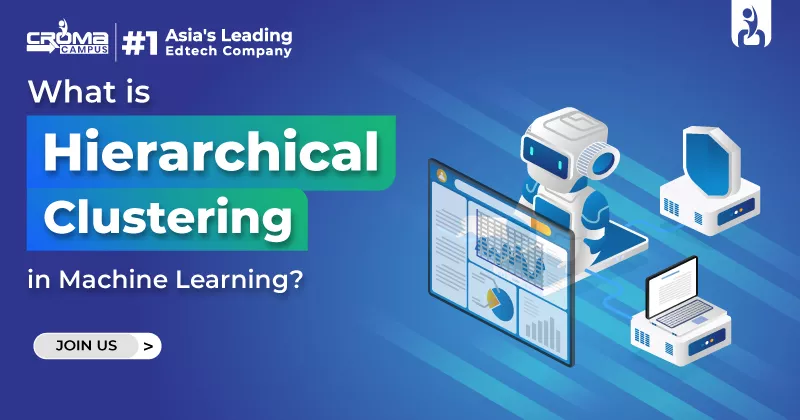
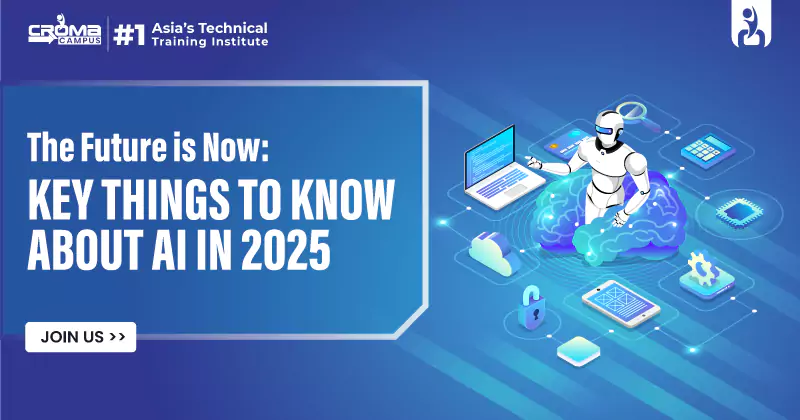
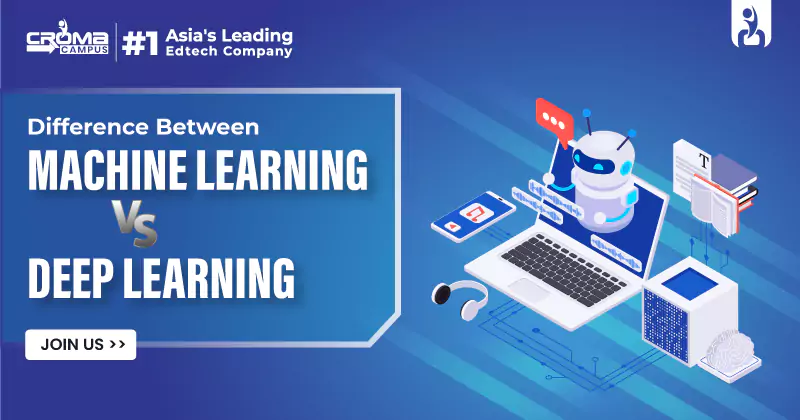
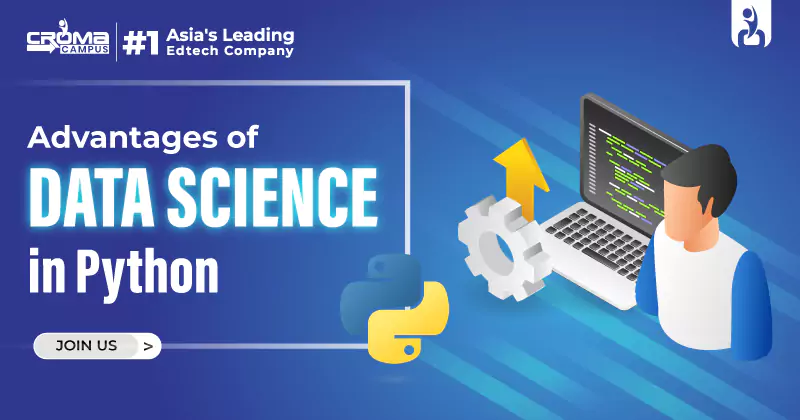




















.webp)

.png)















